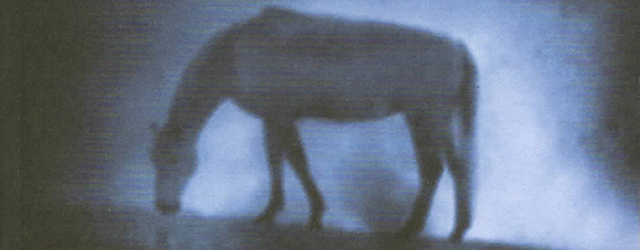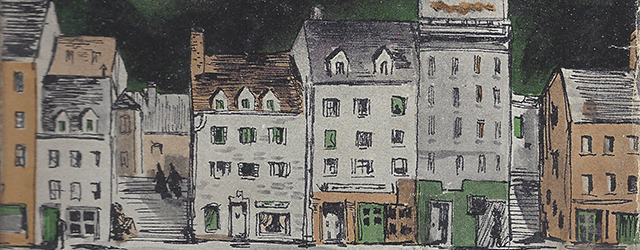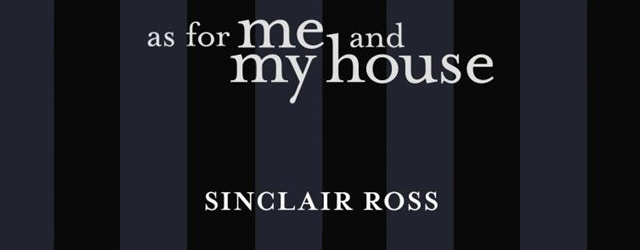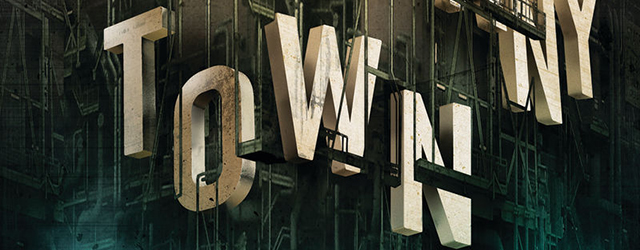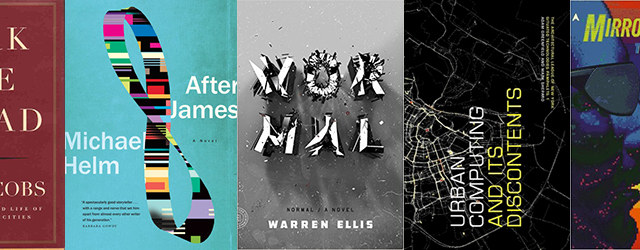The Wars, by Timothy Findley
The Wars is my second Timothy Findley novel, the other being Famous Last Words. That they both wound up being war novels is a coincidence. I did try The Piano Man’s Daughter when I was younger, which was recommended to me by someone after I’d told them how much I loved The Stone Diaries, but I put it down before finishing the first chapter out of utter fucking boredom, and I never went back to it. Famous Last Words was better, and fortunately so was The Wars. The framing device of an unnamed historian or researcher with no clear identity of their own examining the life of Robert Ross is a bit strange; it doesn’t cohere in any meaningful way, but it does make the primary narrative extremely unreliable. Ross also feels under-developed. We know he’s sensitive, unsure of his sexuality, dislikes violence but is comforted by the authority his… Continue Reading
